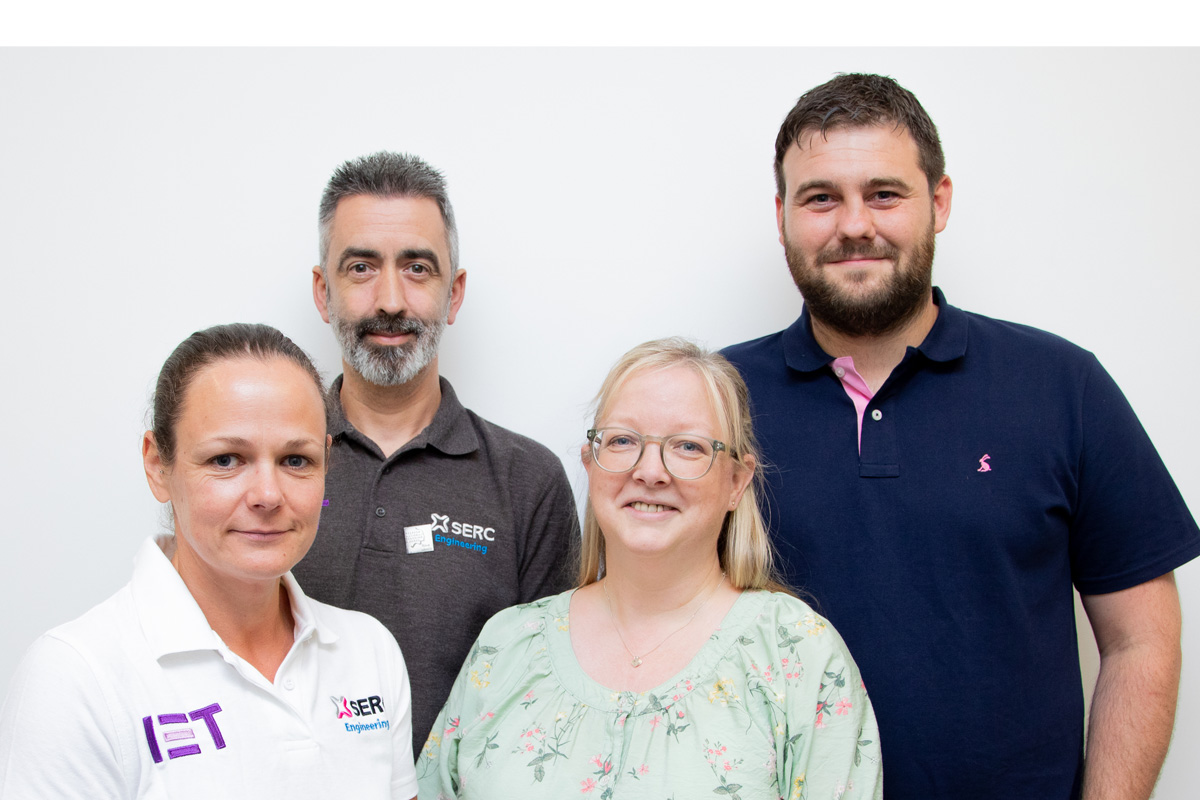The rise of AI – how will advanced technology change the future of the job market?

FDM Group, whose mission is to bring people and technology together, has revealed how the rise of artificial intelligence (AI), and language models such as ChatGPT, are set to change the future of the job market.
AI is quickly becoming one of the most sought-after and extensively used data-driven technologies, with 90 per cent of leading companies already implementing it into their daily operations.
The growth of machine-learning models, such as ChatGPT, has been monumental, with UBS reporting ChatGPT alone accrued a whopping 100 million active users by the first month of the year.
As this growth continues, a wide range of organisations, from small online businesses to governments and large corporations, are embracing AI programmes by implementing and leveraging their capabilities to accelerate business growth.
So, as artificial intelligence rises in popularity and continues to expand its capabilities, how will it impact the future job market?
FDM, comments:
“With the rise of ChatGPT and the overall advancement of artificial intelligence technology, AI will undoubtedly revolutionise the future job market, bringing new and exciting opportunities, as well as changes.
“It’s up to individuals and organisations to ensure they are prepared for the introduction of AI by staying up to date and equipped with the right skills and knowledge.
“The growth of AI will also bring an increased demand for soft skills for many businesses while introducing entirely new job opportunities – and increased efficiencies.”
FDM reveals how the rise of AI will change the job market:
- New job opportunities
AI is not just about making existing jobs easier; it is also about creating entirely new opportunities altogether.
From programmers to data scientists, there are a variety of roles surging in demand – with organisations looking for prospective employees who are eager to be part of the rapidly changing technological landscape and the growth that comes with it.
AI requires the skills of software developers, engineers, and data scientists, but it also opens up job opportunities for those without a background in technology. Jobs such as AI-driven medical professionals, financial advisors, and even writers will become commonplace in the near future.
As this technology advances and organisations such as OpenAI expand their offerings, the global AI market is expected to grow by 37% from 2023 to 2030. This means there will be significant demand for professionals with the skill sets to create, maintain, and develop these AI-driven solutions.
- Increased demand for soft skills
As AI transforms how businesses operate, maintaining strong soft skills will become increasingly important.
Soft skills are all about working together, communicating effectively, and problem-solving. And as AI models such as ChatGPT takes on more of the hard skills (automation, coding, and so on), workers will need to focus on the soft skills that AI can’t replicate.
To be successful, employees will have to not only be knowledgeable of their field, but also have the interpersonal skills to work with others, motivate their colleagues, and lead projects. Companies will need to recognise the value of these skills and prioritise them in their hiring decisions.
- Automation of tasks
AI has already been used to automate mundane tasks and improve efficiency, and its potential is far-reaching. As the technology advances, it will also create new opportunities for increased efficiency at work, and benefit employees in the process.
This can help reduce the amount of time spent on time-consuming work such as data entry so that employees can focus their efforts on more valuable endeavours. AI can also detect issues and errors, making it easier to spot potential problems and reduce the time spent sieving through large data sets, ultimately saving businesses money and improving their overall customer experience.
For example, in the context of hiring, 38% of companies are already using AI for recruitment, streamlining talent acquisition, and making the recruitment process more efficient and timely.
Additionally, AI can help employees manage workloads more effectively through AI-powered virtual assistants, making sure they stay on task and complete them quickly and efficiently.
- Match individuals with career paths
The potential of AI to match people with the right career path is vast and exciting. This technology can make finding a job faster, easier, and more productive.
AI-based career-matching algorithms are designed to find jobs that suit individuals based on their experiences, skills, interests, and ambitions – and as this technology continues to develop, it’s likely to become an integral part of the job search process.
These programmes take into account the industry, location, and job type, then evaluate the individual’s talents in relation to job requirements, and the results are presented in the form of career recommendations.
With AI-driven career matching on the rise, the use of AI in job hunting will lead to better career matching for employees and employers.
Are you seeking out new technical skills in your business? Check out FDM’s Technical Services to learn more about acquiring innovative talent.











Responses